American Eskimo Dogs as Service and Therapy Animals
In this article, we will explore the remarkable qualities of American Eskimo Dogs (also known as Eskies) as service and therapy animals. These intelligent, affectionate, and versatile dogs have proven to be exceptional companions, providing invaluable support and assistance to people in various roles. As we delve into the world of American Eskimo Dogs, we will highlight their unique characteristics, their suitability for service and therapy work, and the positive impact they have on individuals and communities alike.
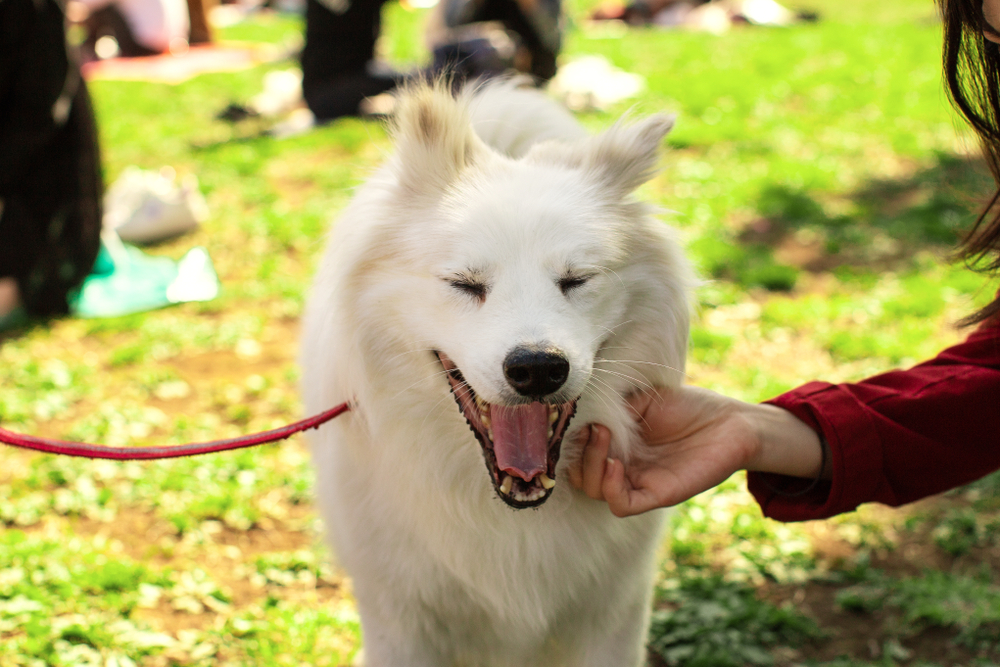
What Sets American Eskimo Dogs Apart?
American Eskimo Dogs are a distinct and captivating breed, originally descended from the German Spitz. Known for their stunning white coats, pointed ears, and plumed tails, they exhibit elegance and charm. These dogs come in three sizes: toy, miniature, and standard, offering options for various roles and settings.

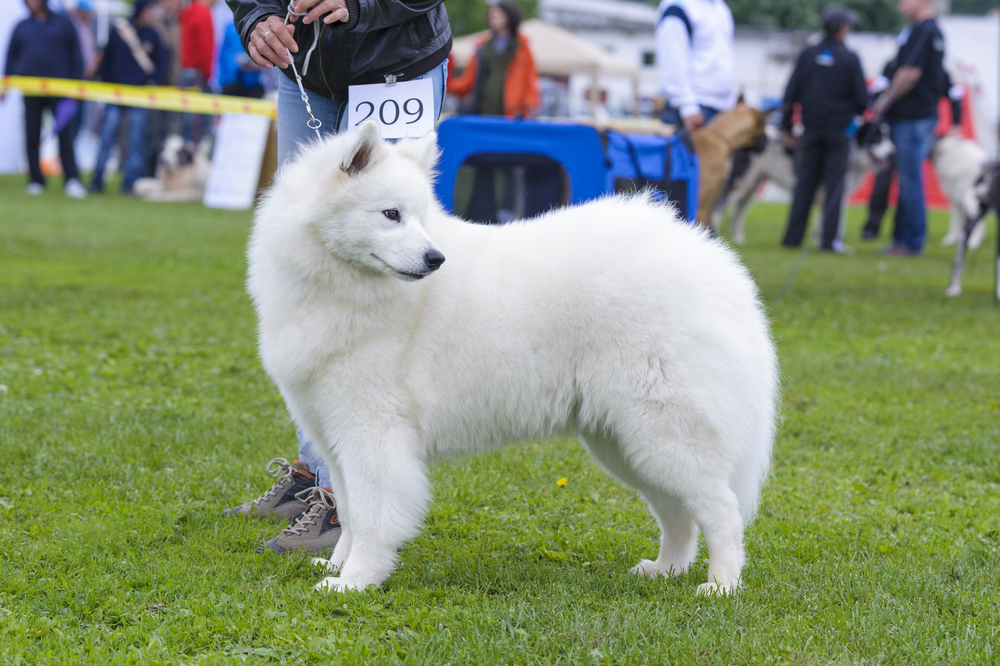
Intelligence and Trainability
One of the standout features of American Eskimo Dogs is their exceptional intelligence and trainability. Their sharp minds and eagerness to please make them quick learners. This quality is crucial when considering them for service and therapy roles, where they need to grasp specific commands and perform tasks with precision.
Service Dogs: Enhancing Independence and Accessibility
American Eskimo Dogs have shown exceptional aptitude as service animals, enriching the lives of individuals with disabilities. These dogs are trained to perform various tasks to assist their handlers, catering to specific needs based on the type of disability.
Guide Dogs for the Visually Impaired
For individuals with visual impairments, American Eskimo Dogs can be invaluable as guide dogs. They are taught to navigate through obstacles, stop at curbs, and lead their handlers safely through crowded spaces. This level of dedication and service enhances the independence and mobility of visually impaired individuals.
Hearing Dogs for the Deaf
American Eskimo Dogs can also serve as hearing dogs for the deaf or hard of hearing. They are trained to respond to important sounds, such as doorbells, alarms, or someone calling their handler’s name. These alert and caring dogs provide a sense of security and companionship while offering valuable auditory assistance.
Assistance Dogs for Mobility Challenges
Individuals with mobility challenges can benefit from the support of assistance dogs. American Eskimo Dogs are trained to retrieve objects, open doors, and assist with tasks that require dexterity, thereby promoting greater independence for their handlers.
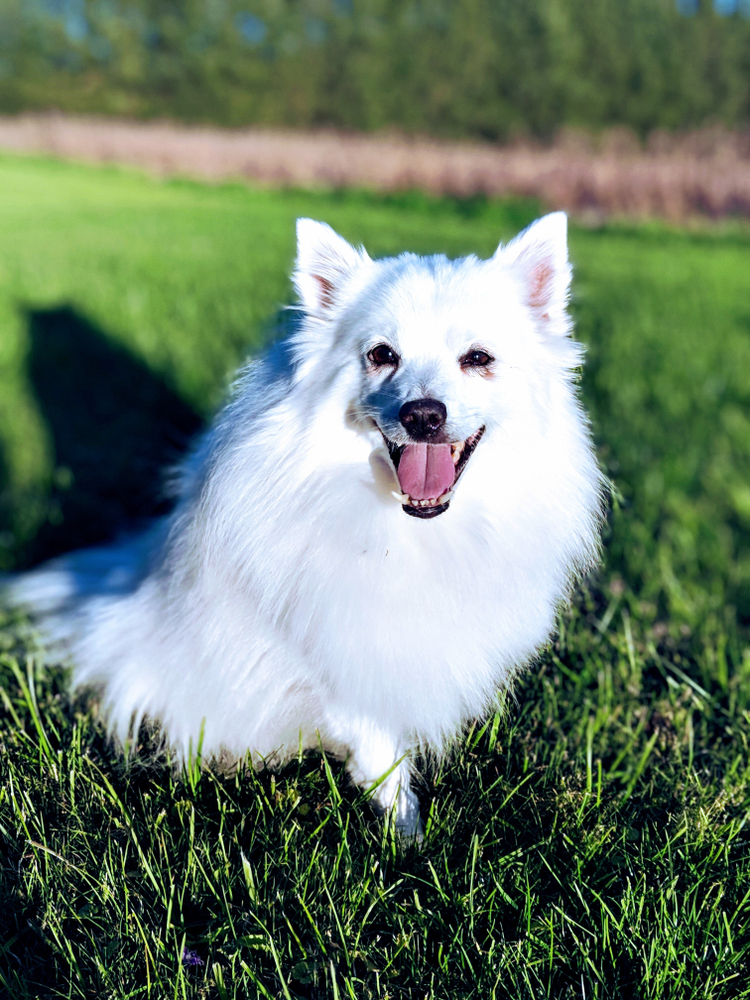
Therapy Animals: Healing with Unconditional Love
Beyond their service roles, American Eskimo Dogs excel as therapy animals. Their gentle and affectionate nature makes them exceptional companions for individuals experiencing emotional, mental, or physical difficulties.
Emotional Support for Mental Health
Therapy dogs, including American Eskimo Dogs, have proven to be effective in providing emotional support for those dealing with mental health issues. The presence of these dogs can alleviate anxiety, reduce stress, and offer comfort during challenging times.
Healing Presence in Healthcare Settings
American Eskimo Dogs are well-suited for therapy work in healthcare settings, such as hospitals and nursing homes. Their warm and friendly demeanor can brighten the spirits of patients, providing a welcomed distraction and a sense of joy during their recovery journey.
Supporting Children with Special Needs
In educational settings, therapy dogs play a crucial role in supporting children with special needs. The presence of these gentle creatures can create a calm and nurturing environment, facilitating learning and social interactions for children with diverse challenges.
How to Train American Eskimo Dogs for Service and Therapy Roles
To ensure that American Eskimo Dogs excel in their service and therapy roles, thorough and specialized training is essential. The training process focuses on developing their natural abilities while introducing specific tasks relevant to the role they will fulfill.
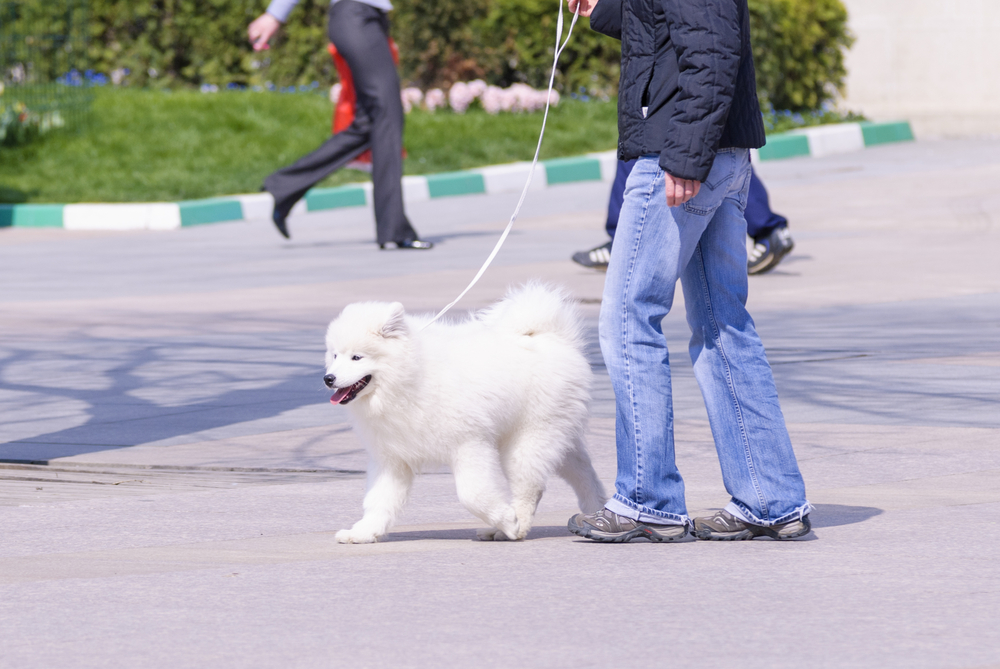
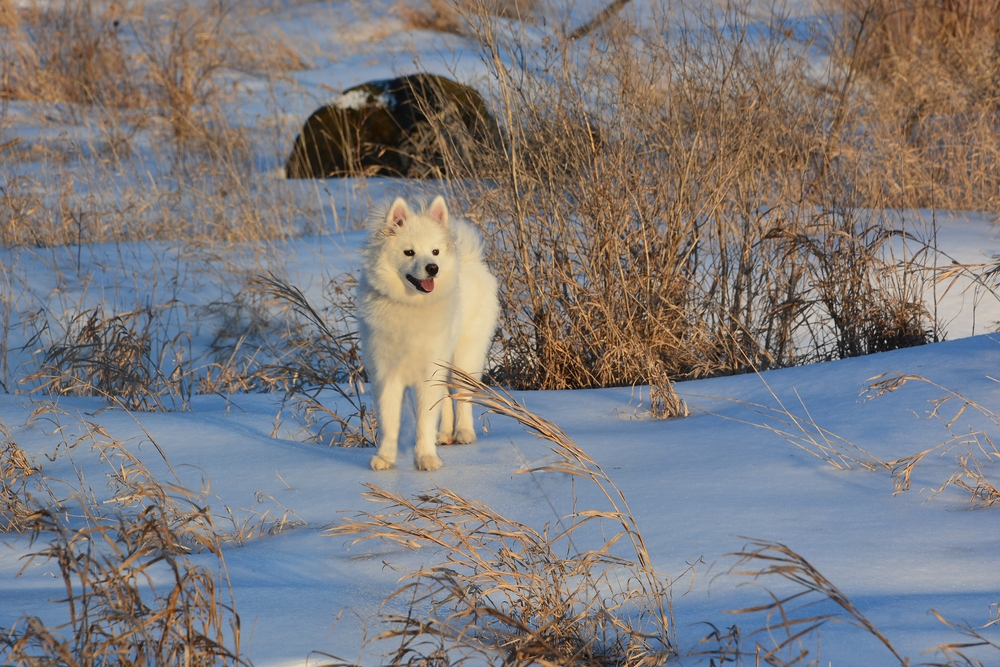
Socialization and Exposure
Early socialization is vital for American Eskimo Dogs to become confident and well-adjusted companions. They should be exposed to various environments, people, and other animals to foster a well-rounded temperament.
Obedience and Task Training
In service roles, American Eskimo Dogs must undergo obedience training to respond promptly and accurately to commands. Task training, tailored to the specific needs of their handlers, is an integral part of preparing them for their service responsibilities.
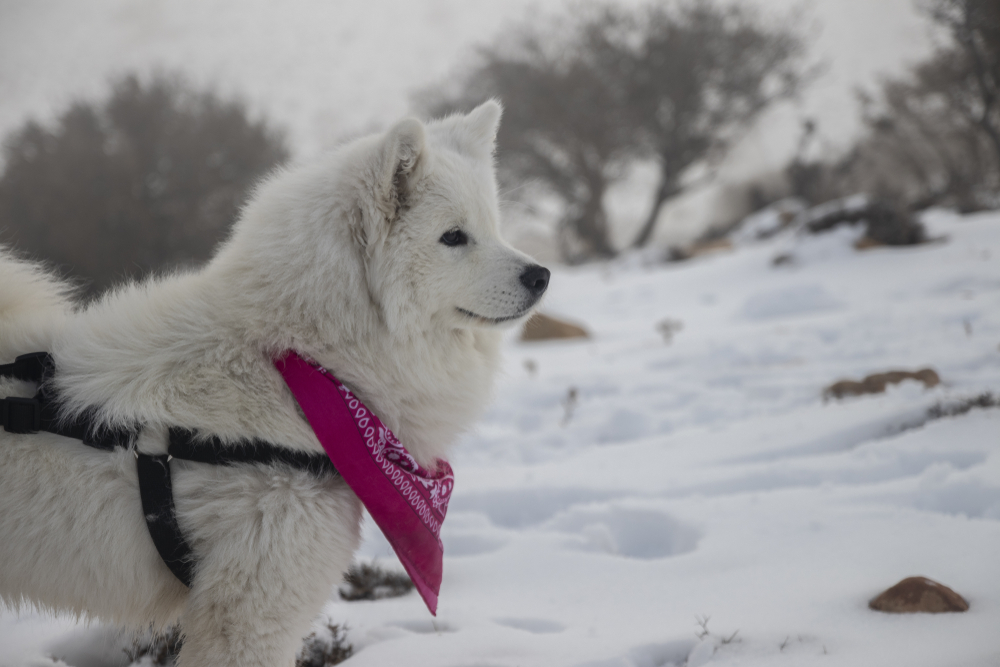
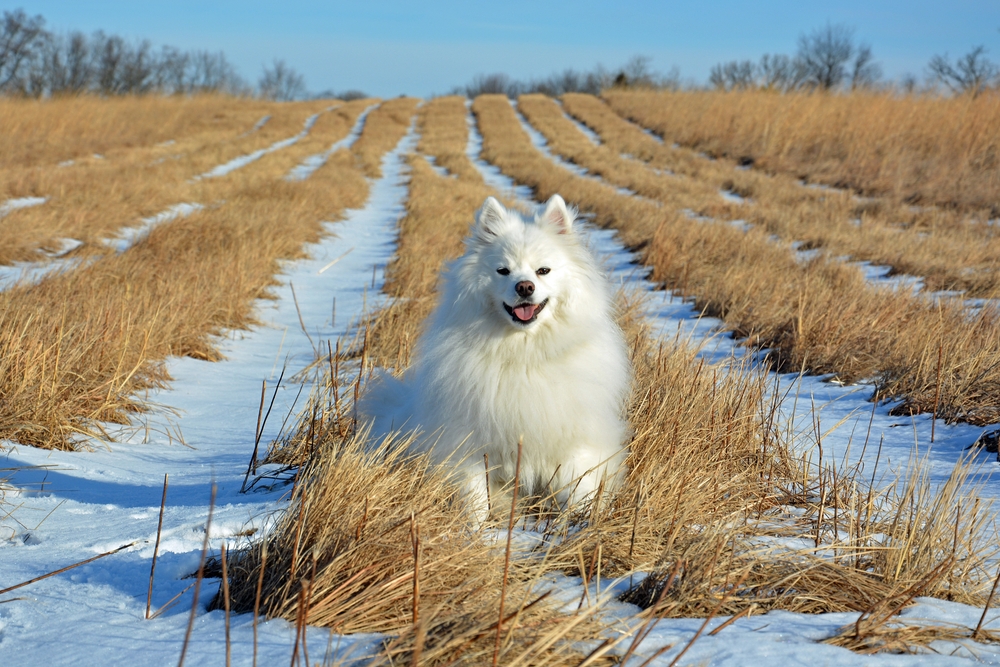
Assessing Suitability
Not all American Eskimo Dogs are suitable for service or therapy work. A thorough evaluation by experienced trainers and organizations is necessary to determine their aptitude, temperament, and compatibility with the intended role.
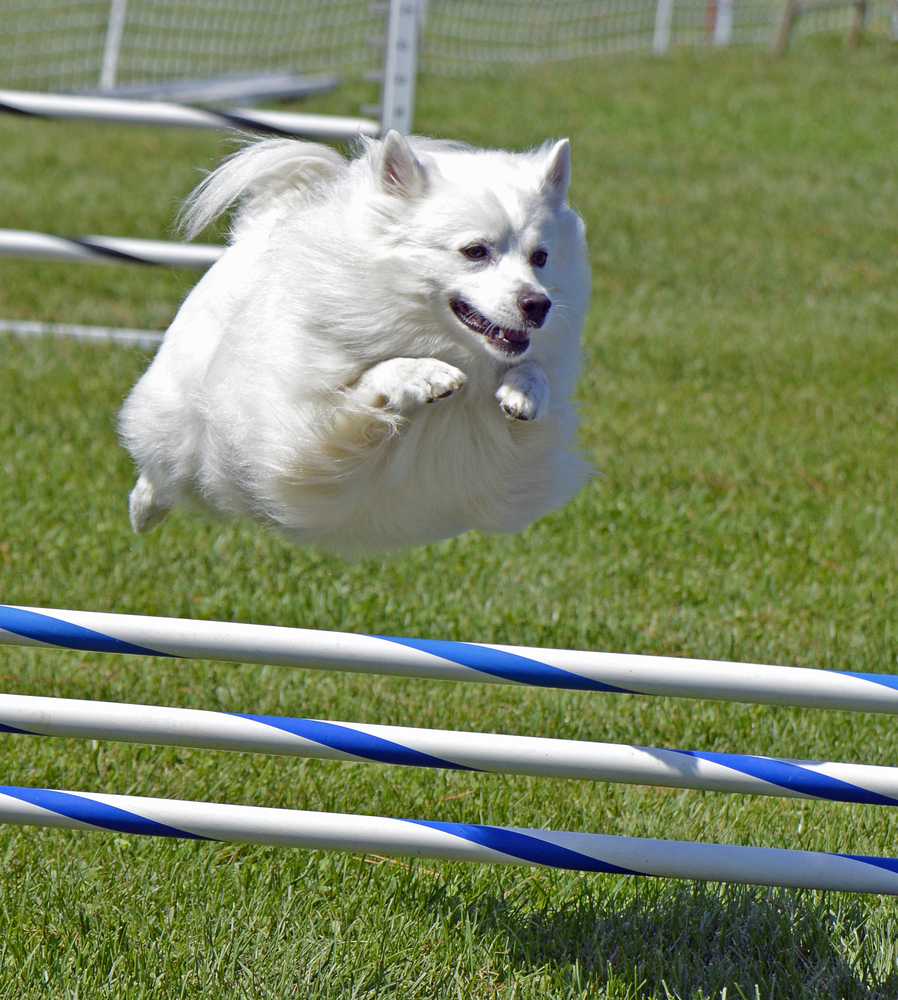
American Eskimo Dogs as Service and Therapy Animals
American Eskimo Dogs have demonstrated their remarkable qualities as service and therapy animals, enriching the lives of countless individuals. Their intelligence, trainability, and affectionate nature make them exceptional companions for people with disabilities and those in need of emotional support. Through their invaluable service, these dogs contribute significantly to enhancing independence, accessibility, and emotional well-being. Whether guiding the visually impaired, comforting patients in healthcare settings, or supporting children with special needs, American Eskimo Dogs leave a lasting impact. Their unconditional love and dedication continue to make them cherished members of families and communities alike.